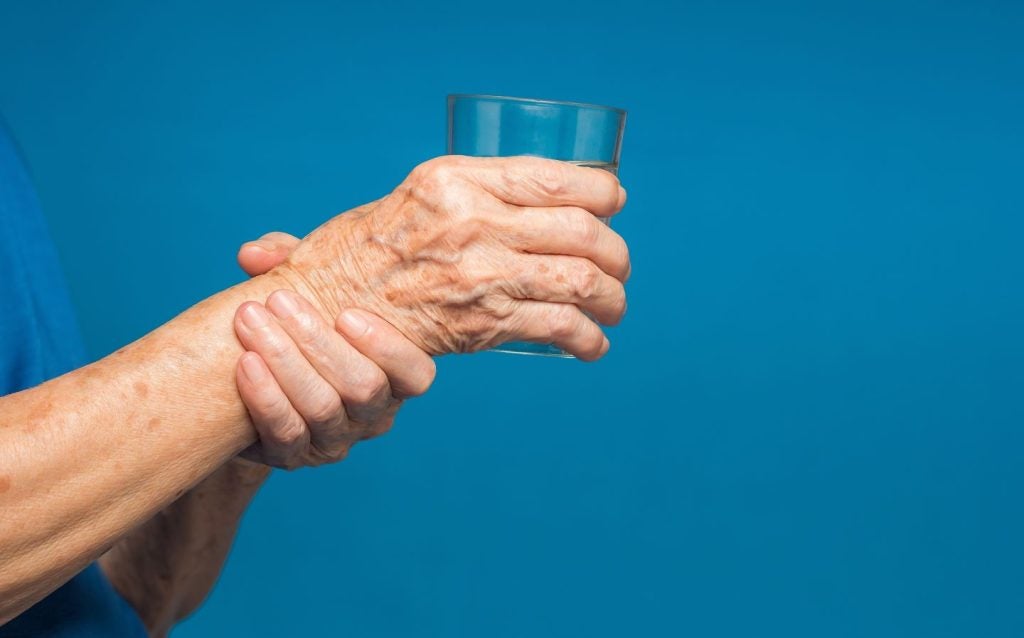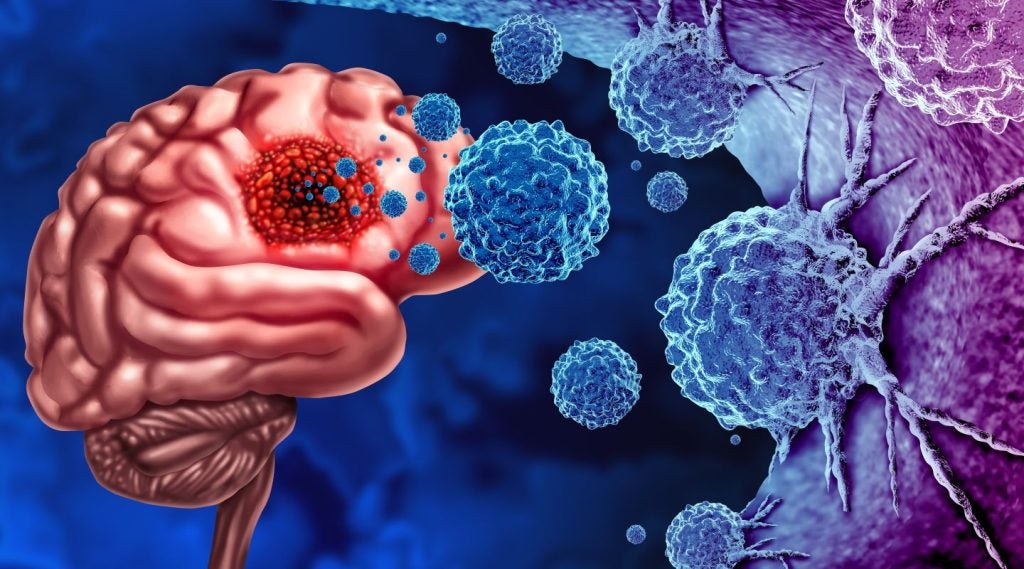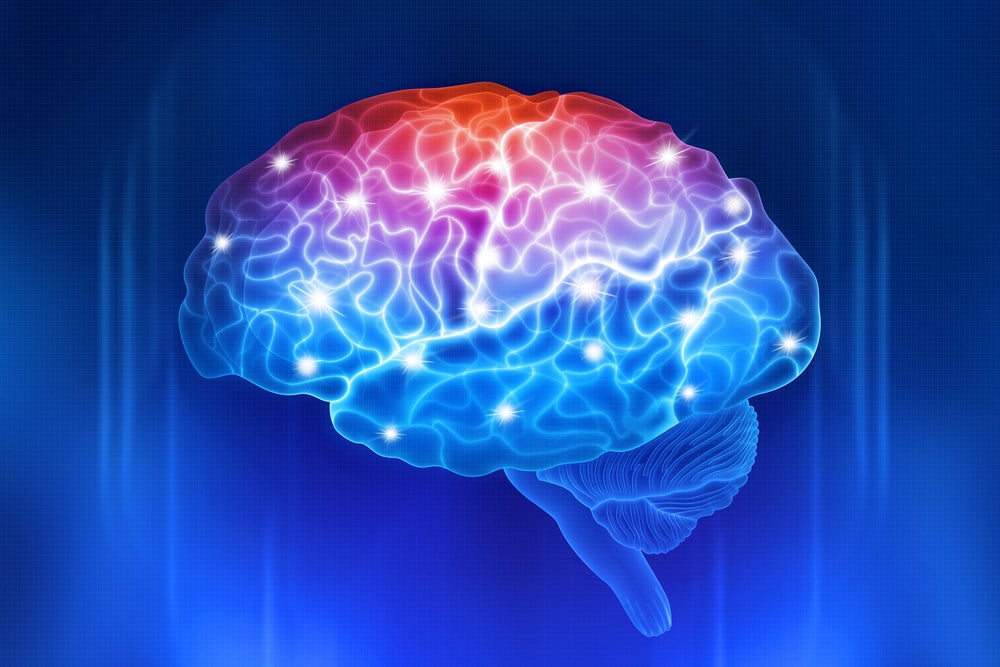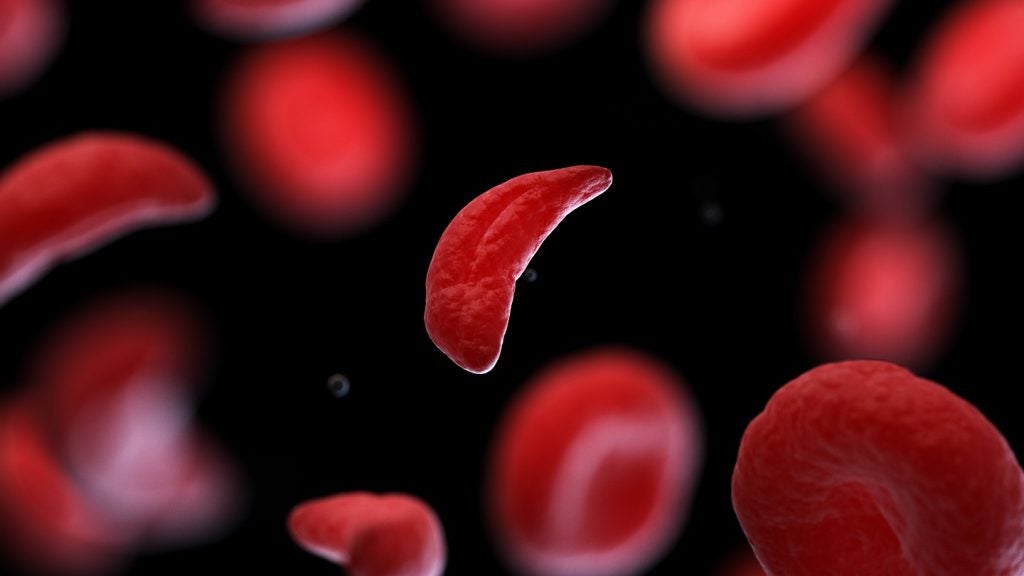Bayer and its subsidiary Asklepios BioPharmaceutical (AskBio) have reported that the Phase Ib clinical trial of gene therapy AB-1005 to treat Parkinson's disease (PD) met the primary endpoint.
The results were reported after the companies concluded the 18-month data collection from the trial.
Sponsored by AskBio subsidiary Brain Neurotherapy Bio, the multi-site, multi-centre, non-randomised, parallel assignment trial had 11 subjects who were given AB-1005 to the putamen through one-time bilateral convection-enhanced delivery.
The trial was designed to assess the potential clinical effect and safety of the gene therapy in people with various stages of PD.
Outcomes of the study at 18 months included the occurrence of treatment-emergent adverse events (TEAEs), motor and non-motor symptoms.
According to the findings, the trial met its primary goal of safety of the treatment.
Furthermore, AB-1005 offered through neurosurgical delivery mode was found to be well-tolerated by all subjects without any serious adverse events linked to the gene therapy reported.
AskBio plans to present 18-month trial data, including secondary endpoints, in the second quarter of this year.
The company also intends to commence a Phase II trial with subject screening anticipated to begin in the first half of this year.
AskBio Parkinson’s and MSA scientific chair Krystof Bankiewicz said: “We are encouraged by these early data, which show AB-1005 to be well tolerated in this study in patients with mild to moderate Parkinson’s disease.
“Although there is still much to learn about this early-stage investigational gene therapy, these first findings will inform our work in this space and have the potential to contribute to the clinical advancement of AB-1005 for the treatment of Parkinson’s disease.”
In November last year, AskBio randomised the first subject in its Phase I REGENERATE MSA-101 trial of AB-1005 (AAV2-GDNF), a gene therapy to treat multiple system atrophy-parkinsonian type (MSA-P).















